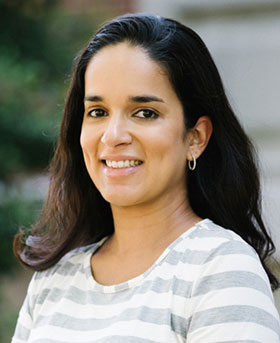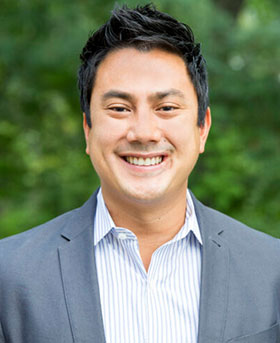

Ayesha Hashim, Assistant Professor, University of North Carolina, Chapel Hill
Chris Torres, Associate Professor, Michigan State University
Is More Autonomy Better? How School Actors Perceive School Autonomy and Effectiveness in Context
Despite the popularity of school autonomy as a policy strategy for school improvement, we know little about how school actors use autonomy to influence organizational performance and how this might vary across different contexts. This paper describes school autonomy, its perceived effectiveness, and how these phenomena are shaped by school and district contexts. We use contingency theory to guide our analysis of case study data from eight schools in the Denver Public Schools (DPS) district which vary in school governance, performance, and demographics. We interviewed school principals, teachers, teacher leaders, parents, and other charter and district administrators in the 2016-17 school year, totaling 73 participants. Our school cases reported different levels of perceived autonomy that varied according to school governance model. Most school cases perceived these levels of autonomy as effective for achieving school goals. Several internal and external contingencies shaped these perceptions of effectiveness albeit in different ways depending on autonomy level including: task uncertainty in each school’s mission, school leadership quality, support and resources from intermediate entities, teacher organizational fit, and efforts to coordinate decision-making across school actors or organizational sub-units.
Moderator: Mimi Lyon, Post-Doctoral Research Associate, Annenberg Institute